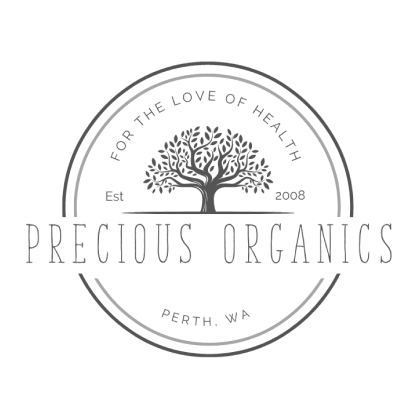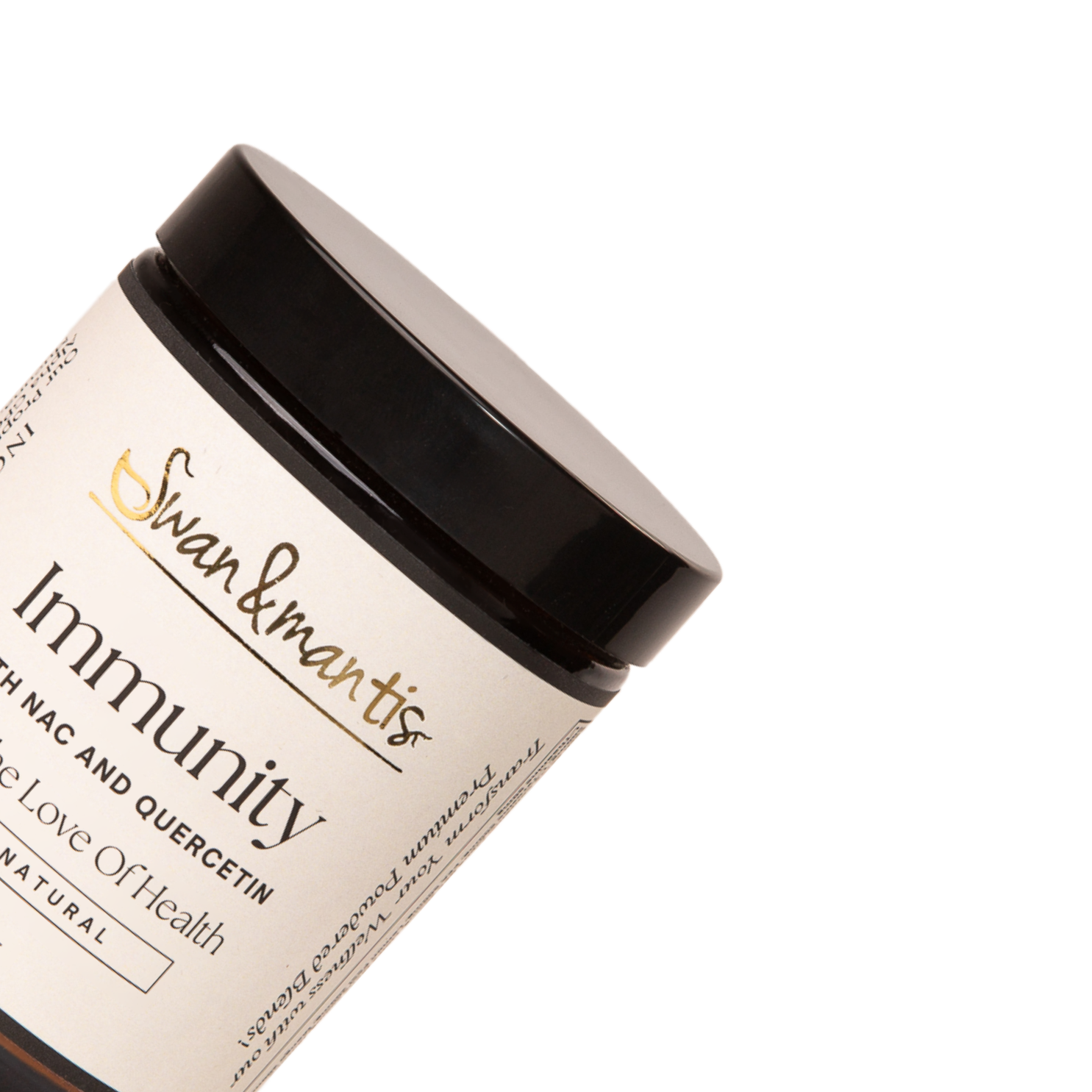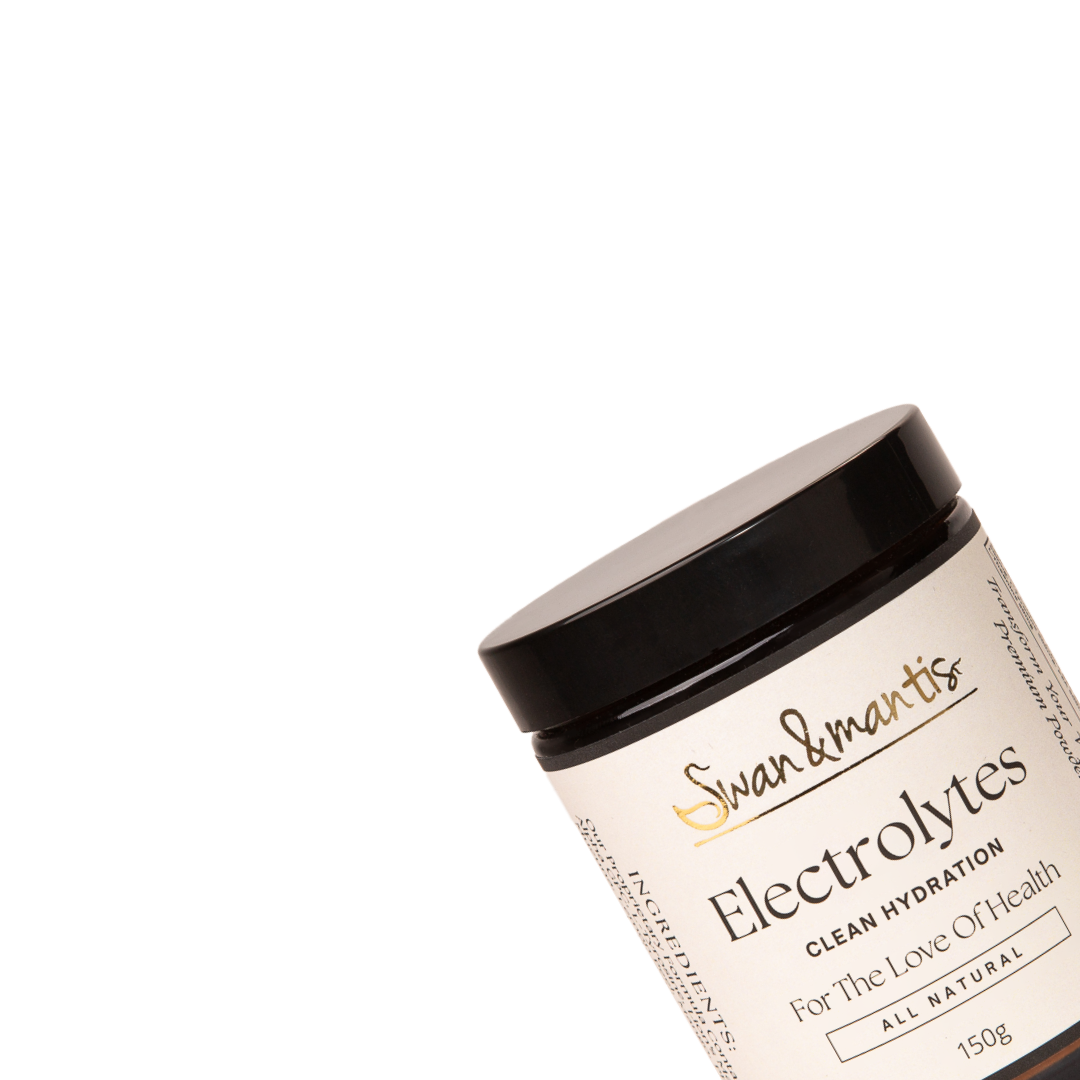Coffee, Its good for you.
For some time now, scientists have known that coffee demonstrates protective effects against Type II diabetes. In fact, a number of studies have found that coffee drinkers are less likely to develop diabetes than are those who don't imbibe. Up until now, however, the experts have been stumped about why this is the case.
It turns out that coffee increases a higher level of SHBG, a protein which reduces your chances of developing diabetes. The UCLA researchers report that women in the study who drank four cups of coffee per day had significantly higher levels of SHBG than did non drinkers and they were an incredible 56 percent less likely to develop diabetes than those who avoided the drink. Just skip the sugar and artificial sweeteners and try it black. And be sure to choose a caffeinated version, because scientists did not see the same protection against diabetes with decaf varieties.
Patients coming to the Whitaker Wellness Institute sometimes express surprise that they serve coffee. Doesn't it increase the body's acidity? Aren't health-conscious people supposed to drink tea instead? Isn't caffeine bad for you?
Research shows that drinking coffee reduces the risk of Parkinson's disease by as much as 80 percent and protects against other neurodegenerative disorders such as Alzheimer's. It increases insulin sensitivity, and a high intake- at least six cups a day- lowers the risk of type 2 diabetes by 54 percent in men and 30 percent in women.
Coffee improves concentration and alertness, boosts mood, and decreases suicide risk. In fact, just the smell of coffee relieves stress in animals. This popular drink also controls asthma and can even halt a full-blown attack in its tracks. Additionally, coffee can stop migraine headaches, curb appetite, prevent tooth decay, and increase the effectiveness of aspirin and other analgesics (Anacin and Excedrin both contain caffeine). And if you drink it before working out, your endurance will improve and you'll have less exercise-induced muscle pain.
Compared to people who avoid coffee, those who drink at least two cups a day are 80 percent less likely to develop cirrhosis of the liver (even if they drink a lot of alcohol), half as likely to have gallstones, and 25 percent less apt to get colon cancer. Coffee is also protective against cancer of the liver and kidneys, and although it's long been suspected of increasing risk of breast cancer, a recent study spanning 22 years and involving nearly 86,000 women found a weak inverse association between the two in postmenopausal females.
Finally, coffee may even increase longevity. A large 2008 study found that drinking up to six cups of regular or decaffeinated coffee daily is associated with a slightly lower risk of death from heart disease, cancer, and other causes.
What Makes Coffee So Healthful?
So what is it in coffee that provides such remarkable benefits? First, that cup of java is a terrific source of protective antioxidants. Researchers evaluating both the antioxidant levels of various foods and drinks and the frequency with which those items are consumed have found that the average amount of coffee consumed by American adults per day- 1.64 cups- provides 1,299 mg of antioxidants. Tea, the second richest source, supplied only 294 mg, followed by antioxidant-rich (but sparingly eaten) fruits and vegetables, which provide fewer than 75 mg each of antioxidants per day. Believe it or not, coffee even contains fiber- nearly 2 g per cup.
But these aren't the only components that make coffee a health food. Although some studies reveal that regular and decaffeinated coffee both have benefits, oft-maligned caffeine gives the drink much of its oomph. In addition to perking up the nervous system, caffeine increases the activity of the neurotransmitter dopamine and enhances delivery of nutrients and oxygen to the muscles and brain.
So, the next time you feel like a cup of Joe, indulge yourself. It's a good way to boost your mood, your energy, and your overall health.
Coffee Helps Heart, Liver
Last week, we reported that the effect of just one cup of coffee put the occasional coffee drinker at higher risk for heart attack. But new studies suggest that regular coffee drinking could reduce your risk of several life-threatening illnesses including heart disease, diabetes, and cirrhosis of the liver.
When the Journal of the American Medical Association reviewed a series of studies, they found that regular coffee drinkers had a lowered risk of developing Type 2 diabetes. The results from several studies were combined to reveal that those who drank four to six cups a day cut their risk 28 percent and people who drank more than six slashed their risk by 35 percent.
Scientists theorize that the antioxidants in coffee help minimize the cell damage that contributes to the development of diabetes. Researchers found that a cup of coffee contains more antioxidants than a serving of grape juice, oranges and other fruits.
The antioxidants in coffee may also be the reason it seems to decrease the risk of alcohol induced cirrhosis and liver cancer. Other studies have found links to lower rates of colon and breast cancers.
In addition, studies show that coffee decreases the risk of cardiovascular disease. A study of over 27,000 American women found that those who drank one to three cups a day cut their risk of cardiovascular disease by 24 percent. But as consumption increased, the protective benefits decreased. How about those who only occasionally indulge in a cup of joe? They should perhaps be cautious because other researchers found that a single cup of coffee in light or occasional coffee drinkers actually increased their chances of having a heart attack within an hour by 400 percent.
Sources: New York Times, New Scientist, Harvard Health, Newswis
A remarkable new study looking at natural alternatives to medications found that compared to a systemic steroid, a combination of honey and coffee was superior in reducing symptoms associated with a post-infectious cough (PPC).
PPC is a cough that remains after a common cold or an upper respiratory tract infection for more than three weeks, and in some cases as long as several months. Conventional treatment may involve any number of powerful drugs, many of which have serious side effects, including codeine and dextromethorphan (so-called centrally acting antitussives), antihistamines, narcotics, and bronchodilators.
The new study, published in Primary Care Respiratory Journal, was conducted by researchers at Baqiyatallah University Hospital, Tehran, Iran from 2008 to 2011.[i] 97 patients who had experienced PPC for more than three weeks were randomized in double-blinded fashion into three groups:


